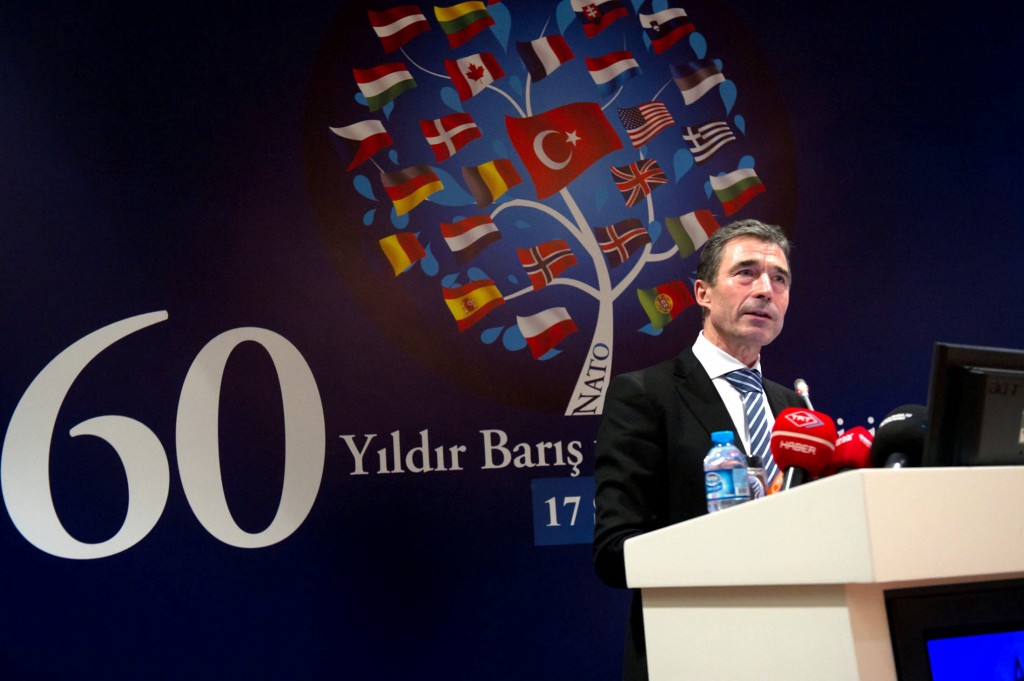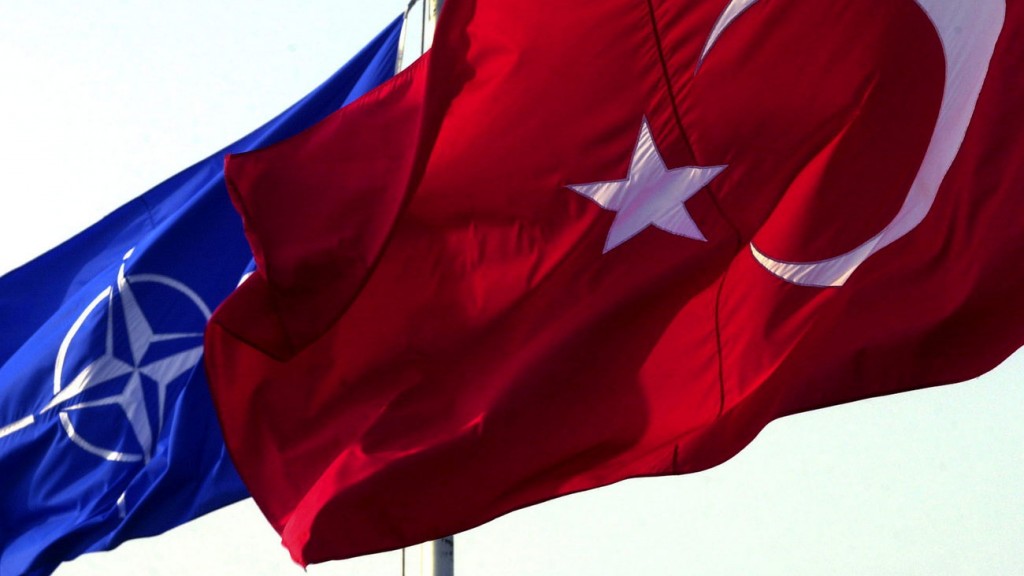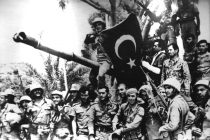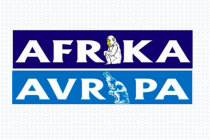Feeling the chill of the Cold War, Turkey signed the Washington Treaty and joined the North Atlantic Treaty Organisation, commonly referred to as NATO, on 18th Feb. 1952 – exactly 65 years ago.
Twelve founding members, among them the United Kingdom, United States, Canada, Belgium, Iceland, France, and Italy, had originally signed the Washington or North Atlantic Treaty in April 1949. The agreement established a military alliance between these states, the southern flank of which would be protected by later signatories Turkey and Greece after NATO’s First Enlargement.
At that time, Stalin’s Soviet Union presented a very real threat to Turkish territorial integrity. Indeed Moscow had announced in 1945 that it did not intend to re-affirm the friendship pact it had made with Ankara two decades previously, and later demanded harsh renewal conditions. These included the establishment of Soviet bases on Turkish soil and the “return” of territory lost to Turkey by the Russian Empire at the end of the First World War, including Kars and Ardahan.
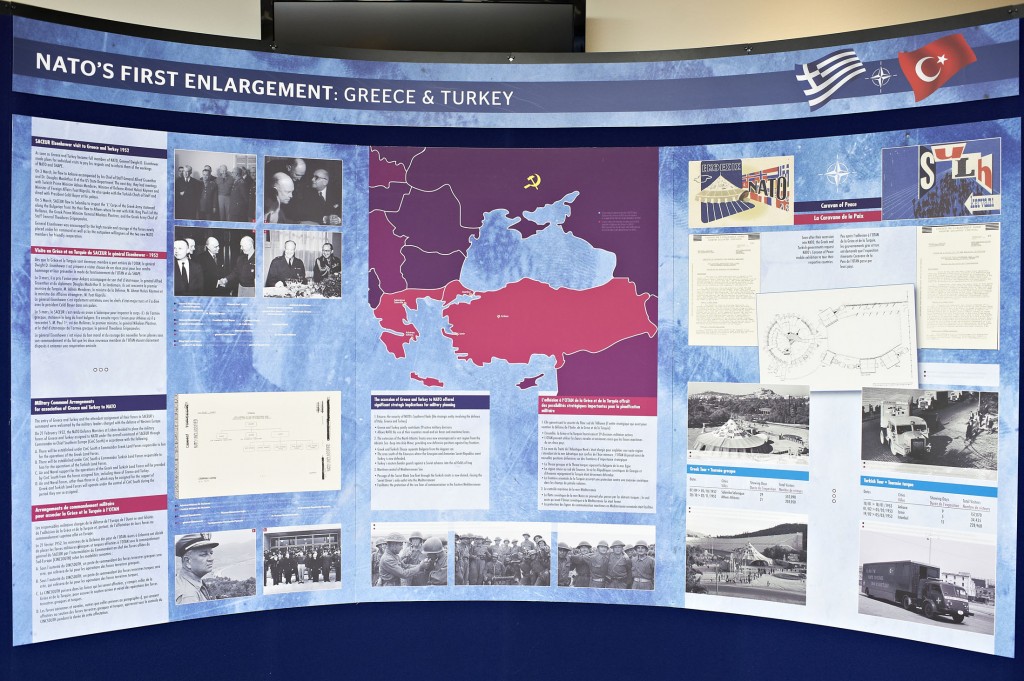
By joining NATO, Turkey was protected from the increasingly menacing Soviet Union, as Article 5 of the Washington Treaty enshrined the alliance’s principle of collective defence. This meant that an attack on one member would be an attack on all; if the Soviets invaded Turkey, they would also have to fend off a unified response from the US and Western Europe.
Along with Turkey guaranteeing its security, NATO membership also confirmed the country’s pro-Western orientation. It was under the Democrat Party of Prime Minister Adnan Menderes, which defeated the Republican People’s Party (CHP) in Turkey’s first multi-party elections, in 1950, that the country was brought into the alliance.
Menderes’ CHP predecessors and the country’s second President İsmet İnönü however, had also supported this agenda. This aim, shared across political lines, was perhaps best summarised by the comments of CHP politician Nihat Erim, who expressed his desire to make Turkey a “little America” in 1949. Turkish leaders would build upon this westward-facing vision with an application to join the European Economic Community – the forerunner to the European Union, in 1959.
Turkish NATO accession benefited its new allies too. With the Western capitalist democratic world increasingly concerned about the global spread of communism, which had come as close as East Berlin, Turkey’s ambition to join the alliance gained American support after the Menderes Government agreed to contribute Turkish troops to the UN forces in the Korean War. Thereafter, NATO gained an “unsinkable aircraft carrier” bordering the USSR, while Turkey received critically important aid, both militarily and economically, from the West in return.
Today, NATO has 28 member states. Six and a half decades on, Turkey remains the second largest force in the alliance. Its relations with NATO have become strained of late: Turkey has accused its NATO allies of “harbouring terrorists”, while member states have voiced their concern over the weakening of Turkish democracy and its apparent rapprochement with Russia.
